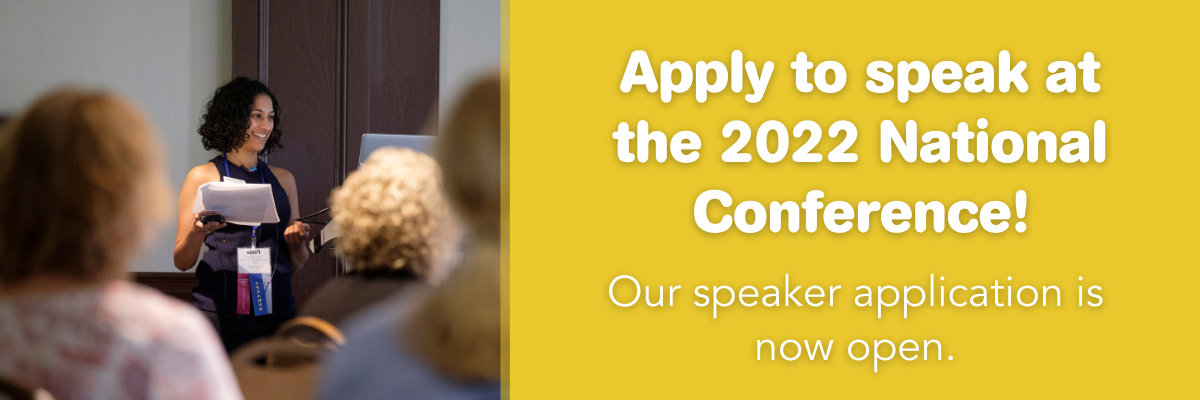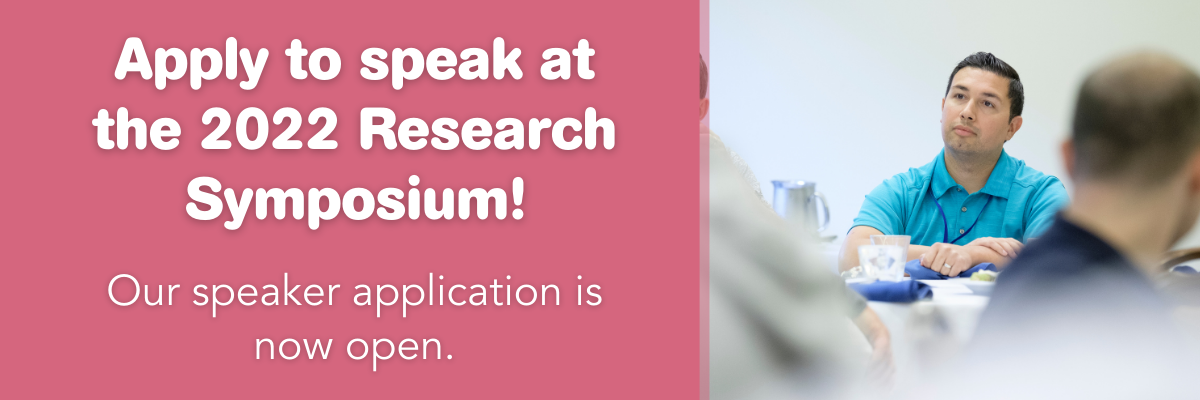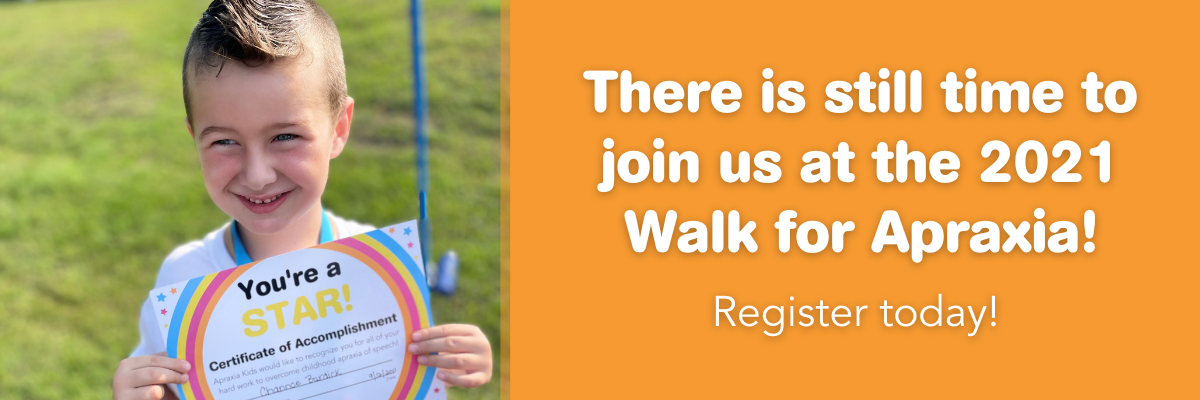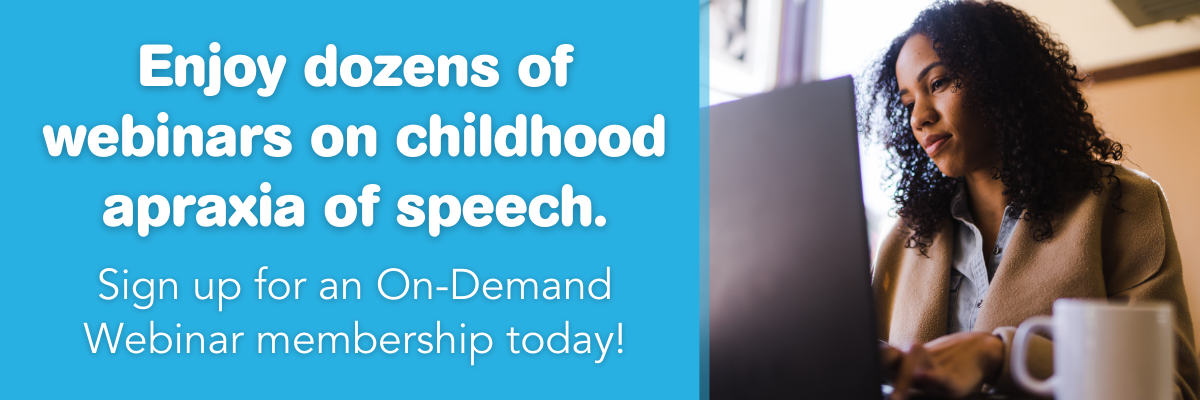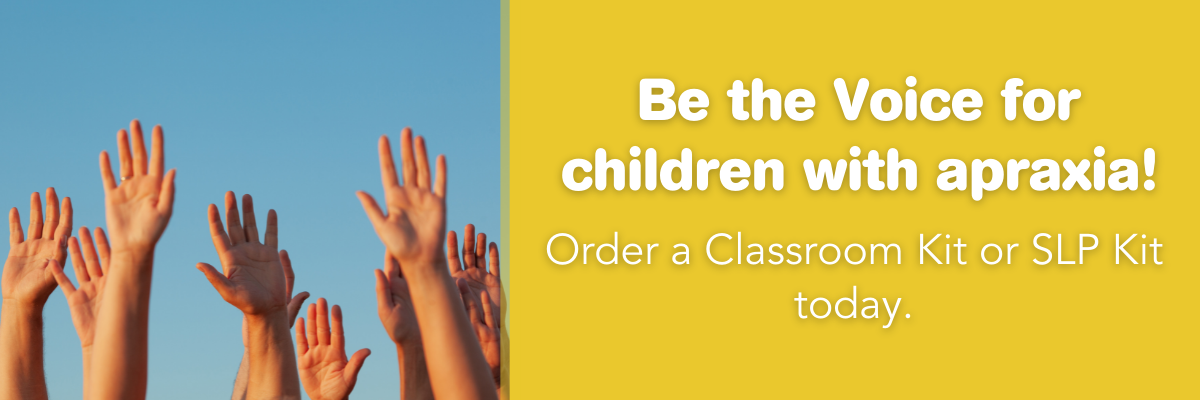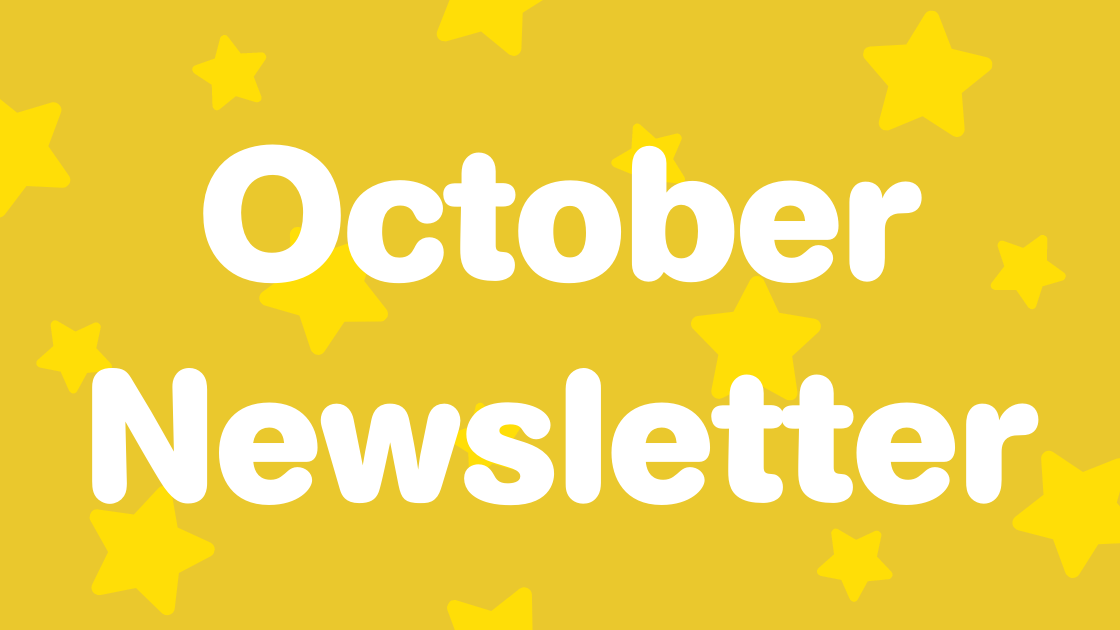
04 Oct October 2021 Newsletter
Dear Friends,
Fall is a busy time of year for us at Apraxia Kids. We are so excited to tell you all about the new information and resources we have created for you! This month, we will open our call for papers for speakers for the 2022 National Conference in Las Vegas on July 7-9 and for our 3rd Research Symposium in Las Vegas on July 5-7. In addition, our walks are in high gear across the US and Canada. Because you can Walk virtually, there is still time to register to celebrate the Apraxia Star in your life and raise awareness about CAS.
October is AAC Awareness Month, and we know that many children with CAS struggle to be heard and understood. Using an Augmentative and Alternative Communication system is more than putting an iPad with a communication app in front of a child. There are actions we as listeners should be doing to facilitate that communication. To offer some tips for AAC communication, we are excited to share one of our 2021 National Conference sessions with everyone: Breaking Down Barriers: Using AAC Systems Effectively by Anne Kuhlmeirer. In addition, we have the following resources:
- App Guide updated in 2021 by The Department of Behavioral and Developmental Pediatrics at the Penn State Health Children’s Hospital.
- Free webinar on AAC Strategies for Apraxia on our webinar platform
- Articles with information on all types of AAC systems
- Apps for Apraxia Kids Facebook group
- Updated Blog post on AAC which lists discounts on apps for 2021
Our Speech Tablets for Apraxia Program is now accepting applications! This program provides an iPad and hard case for a child with CAS to use as a speech communication device as well as for practicing speech targets. Apraxia Kids has proudly offered this program for the last 9 years to help children have a voice early on in their apraxia journey.
October also marks Learning Disabilities Month. Children with childhood apraxia of speech are at a higher risk of developing later learning and language difficulties as they progress in school. One area that is often impacted is reading and literacy. Parents often have many questions about what is a reading disorder vs. dyslexia, what tests should be used to identify a reading disorder, and once identified, what is the best way to address the reading deficits? We are offering a live stream informative session to answer these questions by Tatyana Elleseff, M.S. CCC-SLP who has done numerous workshops on reading disorders for professionals and parents. Join us on Facebook on October 20 at 7:00 pm EDT.
In addition, we have a free webinar on our Virtual Education Series page that is a good resource for parents and professionals: Thinking About Literacy: Vocabulary and Spoken Word Knowledge in Preschool and Kindergarten Children by Lindsay Bourdeau and Lisa Kohel. We also have articles on a variety of topics around CAS in regards to reading, writing, and spelling.
Social skills are normally developed throughout the early developmental years alongside speech and language. When speech is delayed, a child is often unable to practice social skills during those early years which can lead to delayed social skill development. As a result, children with CAS can have difficulty with communication, learning, and social interaction which can lead to being a target for bullying. October also recognizes Bullying Prevention Month. Awareness is one of the best offensives to prevent bullying. Apraxia Kids offers Classroom and SLP Be the Voice kits to help spread awareness and teach others about apraxia and how to help. In addition, during the month of October you can view our free webinar: Helping Children with Communication Disorders Minimize Bullying by Dr. Scott Yarus.
We hope you find this information useful and are as excited as we are about upcoming events and programs offered by Apraxia Kids. We continue to strive to provide evidence-based education for parents and professionals so that all Apraxia Stars can find their best voice. All of our programs that we discussed above could not be made available without the support of our wonderful apraxia community. Please consider joining a walk and raising funds or making a donation so we can continue our mission of strengthening the support systems of the whole community.
Best,
Angela Grimm
Executive Director
Click here to subscribe to the Apraxia Kids monthly newsletter!
Dear Friends,
Fall is a busy time of year for us at Apraxia Kids. We are so excited to tell you all about the new information and resources we have created for you! This month, we will open our call for papers for speakers for the 2022 National Conference in Las Vegas on July 7-9 and for our 3rd Research Symposium in Las Vegas on July 5-7. In addition, our walks are in high gear across the US and Canada. Because you can Walk virtually, there is still time to register to celebrate the Apraxia Star in your life and raise awareness about CAS.
October is AAC Awareness Month, and we know that many children with CAS struggle to be heard and understood. Using an Augmentative and Alternative Communication system is more than putting an iPad with a communication app in front of a child. There are actions we as listeners should be doing to facilitate that communication. To offer some tips for AAC communication, we are excited to share one of our 2021 National Conference sessions with everyone: Breaking Down Barriers: Using AAC Systems Effectively by Anne Kuhlmeirer. In addition, we have the following resources:
- App Guide updated in 2021 by The Department of Behavioral and Developmental Pediatrics at the Penn State Health Children’s Hospital.
- Free webinar on AAC Strategies for Apraxia on our webinar platform
- Articles with information on all types of AAC systems
- Apps for Apraxia Kids Facebook group
- Updated Blog post on AAC which lists discounts on apps for 2021
Our Speech Tablets for Apraxia Program is now accepting applications! This program provides an iPad and hard case for a child with CAS to use as a speech communication device as well as for practicing speech targets. Apraxia Kids has proudly offered this program for the last 9 years to help children have a voice early on in their apraxia journey.
October also marks Learning Disabilities Month. Children with childhood apraxia of speech are at a higher risk of developing later learning and language difficulties as they progress in school. One area that is often impacted is reading and literacy. Parents often have many questions about what is a reading disorder vs. dyslexia, what tests should be used to identify a reading disorder, and once identified, what is the best way to address the reading deficits? We are offering a live stream informative session to answer these questions by Tatyana Elleseff, M.S. CCC-SLP who has done numerous workshops on reading disorders for professionals and parents. Join us on Facebook on October 20 at 7:00 pm EDT.
In addition, we have a free webinar on our Virtual Education Series page that is a good resource for parents and professionals: Thinking About Literacy: Vocabulary and Spoken Word Knowledge in Preschool and Kindergarten Children by Lindsay Bourdeau and Lisa Kohel. We also have articles on a variety of topics around CAS in regards to reading, writing, and spelling.
Social skills are normally developed throughout the early developmental years alongside speech and language. When speech is delayed, a child is often unable to practice social skills during those early years which can lead to delayed social skill development. As a result, children with CAS can have difficulty with communication, learning, and social interaction which can lead to being a target for bullying. October also recognizes Bullying Prevention Month. Awareness is one of the best offensives to prevent bullying. Apraxia Kids offers Classroom and SLP Be the Voice kits to help spread awareness and teach others about apraxia and how to help. In addition, during the month of October you can view our free webinar: Helping Children with Communication Disorders Minimize Bullying by Dr. Scott Yarus.
We hope you find this information useful and are as excited as we are about upcoming events and programs offered by Apraxia Kids. We continue to strive to provide evidence-based education for parents and professionals so that all Apraxia Stars can find their best voice. All of our programs that we discussed above could not be made available without the support of our wonderful apraxia community. Please consider joining a walk and raising funds or making a donation so we can continue our mission of strengthening the support systems of the whole community.
Best,
Angela Grimm
Executive Director
Click here to subscribe to the Apraxia Kids monthly newsletter!
Credentials:
Hours of Operation:
Treatment locations:
Address:
,
Phone:
Email:
Overall Treatment Approach:
Percent of CAS cases:
Parent Involvement:
Community Involvement:
Professional consultation/collaboration:
Min Age Treated:
Max Age Treated:
Insurance Accepted:



